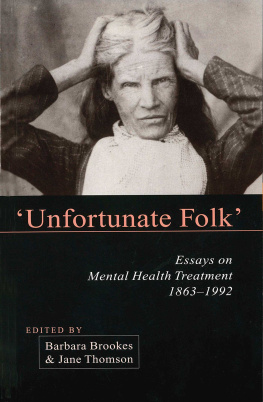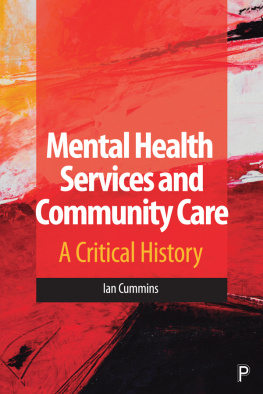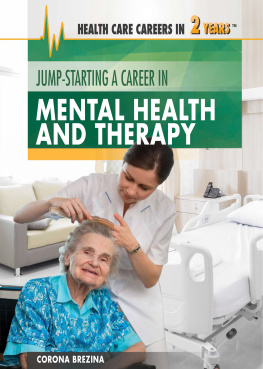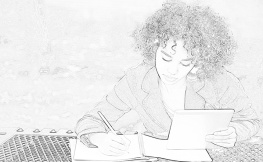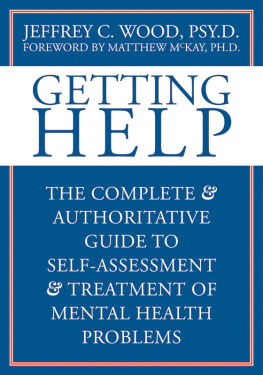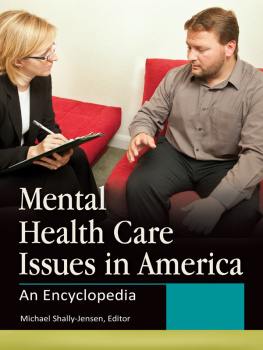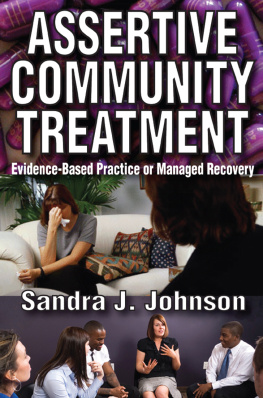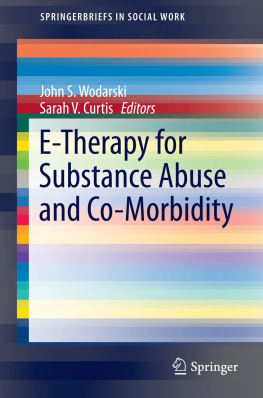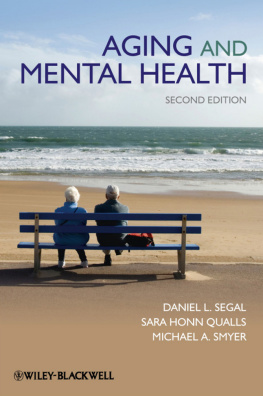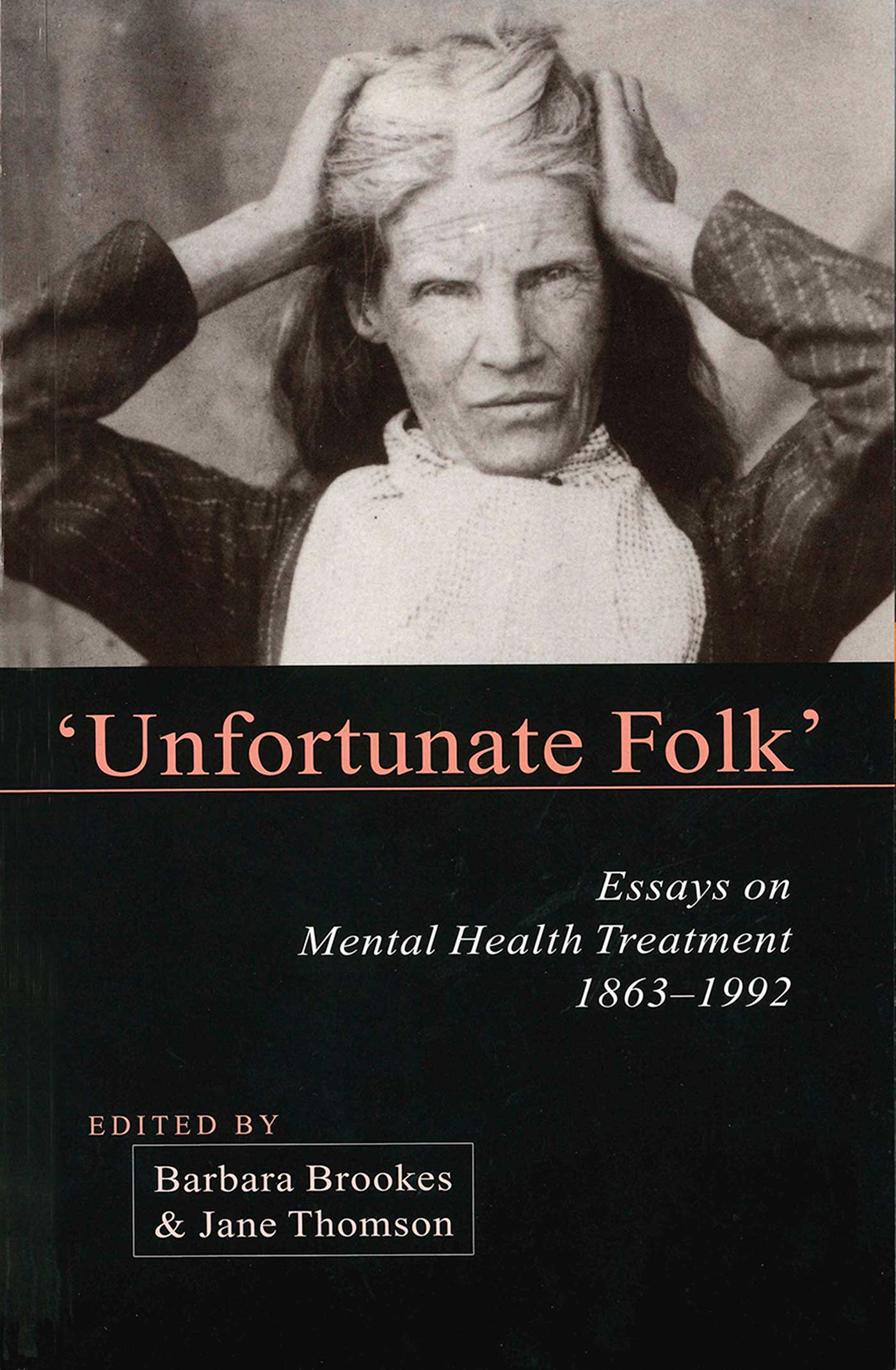Published by University of Otago Press in association with the History Department, University of Otago PO Box 56/56 Union Street, Dunedin, New Zealand Fax: 64 3 479 8385 Email: Introduction Barbara Brookes 2001 Essays Individual authors 2001 First published 2001 ISBN 1 877276 09 X (Print) ISBN 978-0-947522-06-3 (Kindle Mobi) ISBN 978-0-947522-07-0 (EPUB) ISBN 978-0-947522-08-7 (ePDF) Published with the assistance of the Alfred & Isobel Reed Trust as administrated by the Otago Settlers Association Cover features a photograph by Truby King of Seacliff patient, case 2397: a 44-year-old married woman (see caption, page 157) (National Archives, Dunedin Regional Office) eBook conversion 2017 by meBooks, Wellington, New Zealand Acknowledgements Much of the history recorded here has been made possible because access was granted to sensitive records. We are grateful to Healthcare Otago, who granted students access to the Seacliff and Cherry Farm files and to the Medical Director of Ashburn Hall who similarly granted access. We would also like to thank the staff of the Medical Library, University of Otago, and the Department of Preventive and Social Medicine, for granting students access to their valuable collection of fifth-year medical theses. The Healthcare Otago files are now held at the Dunedin Branch of National Archives and we are grateful to the staff there for their assistance. We also wish to record our thanks to the staff of the Hocken Library and the Central Otago University Library for the help they invariably give to History research students. Some of the essays have made use of oral testimony and we would like to thank all those who made their time available to students. We are grateful to Jane Adams for her meticulous work checking and standardising the footnotes. Barbara Brookes and Jane Thomson have had different roles in the production of this volume. One of Barbaras research interests is the history of medicine and her own work and interest in the field has acted as a catalyst for students. She has supervised a number of the students whose work appears here and she has been delighted in the way students have enthusiastically responded to the challenge of writing about the history of mental health. Janes role has been that of editor, reducing 20,000 word essays down to chapter size. Barbara and Jane wish to record the pleasure involved in their collaboration on this volume and their thanks to History Department at the University of Otago for making this possible. All names in this volume, except those that were available in the public realm at the time, have been fictionalised to preserve confidentiality. We have made every effort to provide accurate information about the illustrations used and apologise for any errors or omissions. Abbreviations | AJHR | Appendices to the Journals of the House of Representatives | | AH | Ashburn Hall archives, held at Ashburn Hall, Dunedin, New Zealand | | ANZ | Archives New Zealand | | AU | Auckland University | | BA | Bachelor of Arts degree | | CB | Casebook | | DRPS | Daily Reports of the Provincial Surgeon | | ES | Evening Star | | GIC | Provincial Superintendents General Inwards Correspondence | | IB | Inspection Book | | IC | Inward Correspondence (Seacliff and Ashburn Hall) | | KJ | Keepers journal | | MA | Master of Arts degree | | MC | Medical certificate | | MJ | Medical journal | | NZG | New Zealand Gazette | | NZMJ | New Zealand Medical Journal | | NZNJ | New Zealand Nursing Journal | | NZPD | New Zealand Parliamentary Debates | | ODT | Otago Daily Times | | OU | University of Otago, Dunedin, New Zealand | | PGDA | Postgraduate Diploma in Arts | | PL | Patients Ledger | | PMD | Preventive Medicine Dissertations, written by fifth-year students at the University of Otago Medical School. | | RAdm | Register of Admissions | | SH | Seacliff Hospital archives, held at Archives New Zealand, Dunedin, DAAC/DAHI/D264-D266. Includes the Dunedin Lunatic Asylum and Cherry Farm archives. | | VP | Votes and Proceedings of the Otago Provincial Council |
Notes on Contributors Although not all contributors replied to a request to tell us briefly what they are doing now, enough did to illustrate the variety of careers to which history research can lead. Jane Adams completed her History Honours degree in 2000, and aims to complete her Law degree in 2001. After that, she hopes to travel widely, and to also undertake further History study. Her work on criminal lunacy arose out of her desire to combine into one topic her interests in psychiatric history, gender studies, and criminal law. Sandy Bardsley finished her Honours dissertation at Otago in 1991, then headed to the University of North Carolina at Chapel Hill for MA and PhD work in medieval history. She received her PhD in 1999 and now teaches history at Emory & Henry College in Virginia, USA. Paula Cody completed her Masters thesis in 1996 and now works as a freelance historian and researcher in Dunedin. She believes the mental health field is a dynamic and relevant topic which interests those outside the academic arena because of its pertinence to peoples lives, and because of societys increasing interest in mental well-being shown by the way New Zealand has embraced self-help books, therapy and drug rgimes, and the investigation by various government departments into the causes of psychological problems. Sue Fennell returned to Britain for six years on completion of her degree, where she lived and worked in London, She is now married with two young sons and lives in Wellington. She has retained an interest in medical history through collaborative research into an aspect of medical education at Otago and hopes to complete her Masters thesis on this subject when her sons occupy a little less of her time. Susannah Grant wrote her History Honours dissertation in 1998. She is currently researching Sir George Greys governorship of New Zealand 18451853 for a doctoral thesis at the University of Otago. She enjoys cooking, children and travel with her husband Shaun. Judith Holloway completed her BA (Hons) dissertation in 1991. She thinks she was attracted to the field of mental health because she had always been somewhat suspicious of normality of what society condones and what it condemns. After four years travelling and working in Asia and Europe, Judith returned to Dunedin in 1999. She is currently employed by the Hocken Library, University of Otago, as well as studying towards a qualification in Japanese. Caroline Hubbard completed her History Honours dissertation in 1977. Since then she has travelled the world several times, lived in France and England and pursued a career in the New Zealand Public Service. Her history degree provided a good training in how to analyse issues and think beyond the obvious. | Next page
